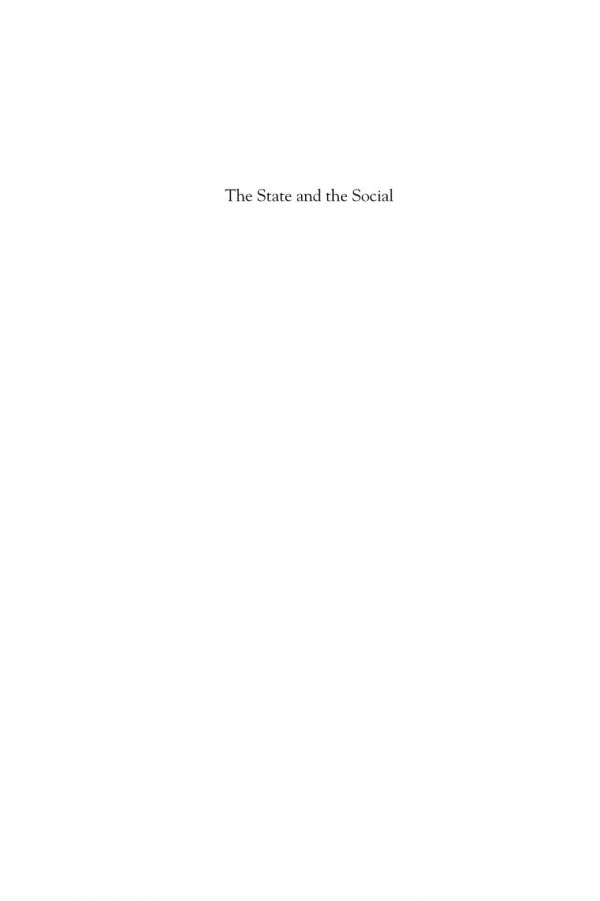

Most ebook files are in PDF format, so you can easily read them using various software such as Foxit Reader or directly on the Google Chrome browser.
Some ebook files are released by publishers in other formats such as .awz, .mobi, .epub, .fb2, etc. You may need to install specific software to read these formats on mobile/PC, such as Calibre.
Please read the tutorial at this link: https://ebookbell.com/faq
We offer FREE conversion to the popular formats you request; however, this may take some time. Therefore, right after payment, please email us, and we will try to provide the service as quickly as possible.
For some exceptional file formats or broken links (if any), please refrain from opening any disputes. Instead, email us first, and we will try to assist within a maximum of 6 hours.
EbookBell Team

4.0
66 reviewsBotswana has been portrayed as a major case of exception in Africa—as an oasis of peace and harmony with an enduring parliamentary democracy, blessed with remarkable diamond-driven economic growth. Whereas the “failure” of other states on the continent is often attributed to the prevalence of indigenous political ideas and structures, the author argues that Botswana’s apparent success is not the result of Western ideas and practices of government having replaced indigenous ideas and structures. Rather, the postcolonial state of Botswana is best understood as a unique, complex formation, one that arose dialectically through the meeting of European ideas and practices with the symbolism and hierarchies of authority, rooted in the cosmologies of indigenous polities, and both have become integral to the formation of a strong state with a stable government. Yet there are destabilizing potentialities in progress due to emerging class conflict between all the poor sections of the population and the privileged modern elites born of the expansion of a beef and diamond-driven political economy, in addition to conflicts between dominant Tswana and vast other ethnic groups. These transformations of the modern state are viewed from the long-term perspectives of precolonial and colonial genealogies and the rise of structures of domination, propelled by changing global forces.